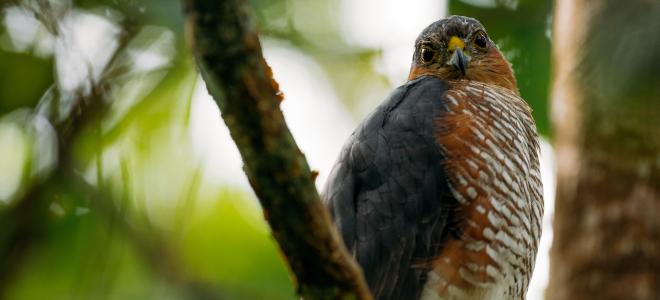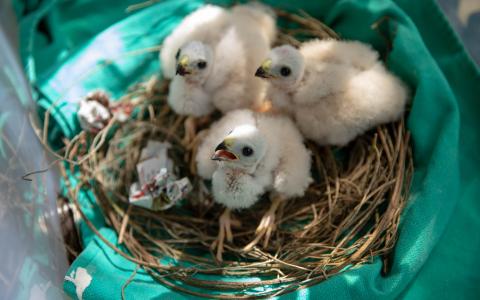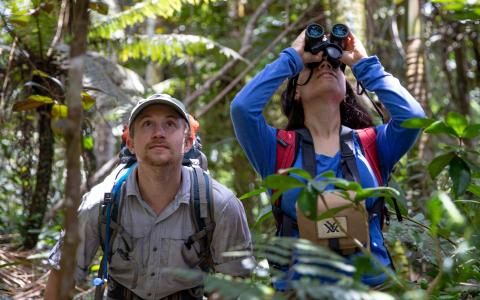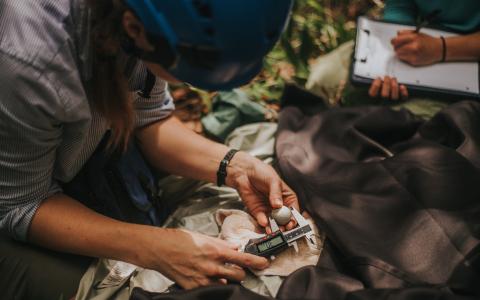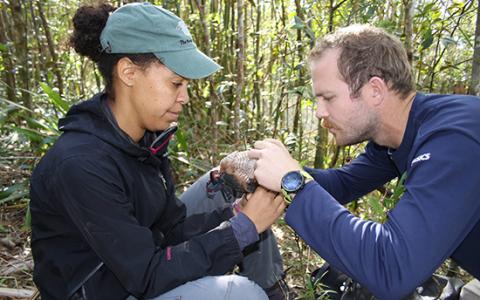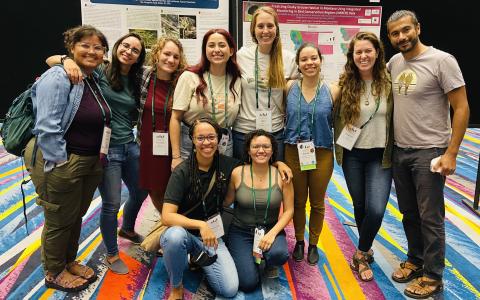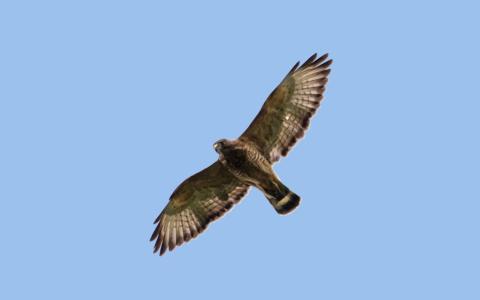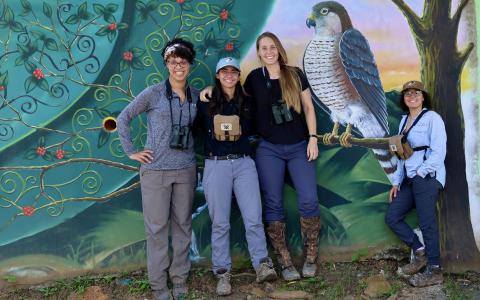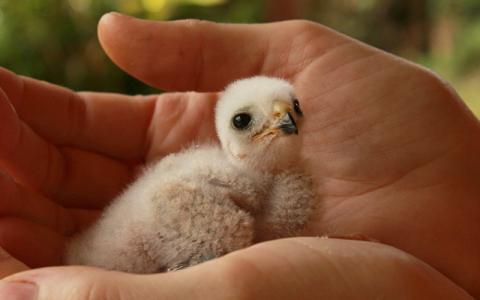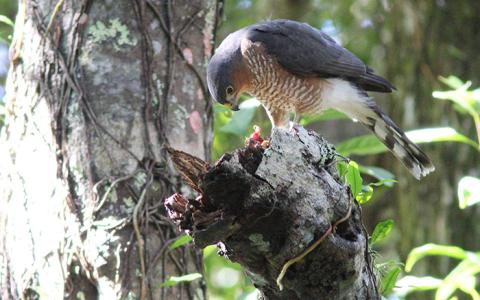Raptors, as top predators, play a crucial role in maintaining healthy ecosystems and provide untold benefits to the environment, human health, and economies. In the Caribbean, raptors are the region’s main top land predators, and like many other raptors around the world, they are in decline. The island of Puerto Rico is home to several raptor species and subspecies that are found nowhere else in the world. Our work to date focuses on saving the Critically Endangered Puerto Rican Sharp-shinned Hawk, and learning more about the the Puerto Rican Broad-winged Hawk subspecies.
Learn More
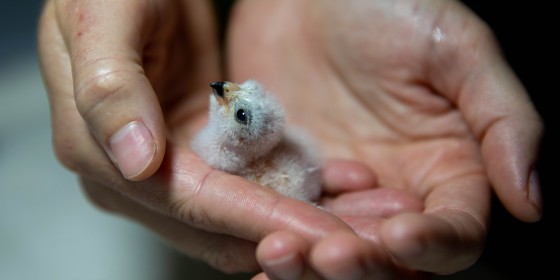
Daria Taylor
Conserving Raptors in Puerto Rico
Our Impact
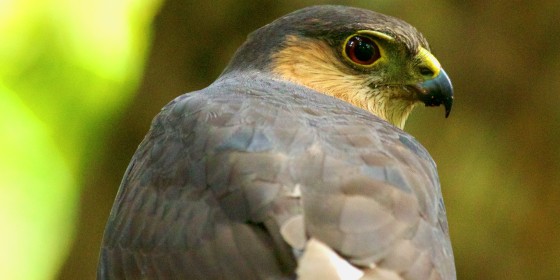
Hana Weaver
Conserving Raptors in Puerto Rico
You Can Help
Additional Information
Discover more about amazing raptors on our Explore Raptors page
